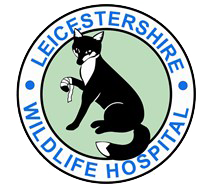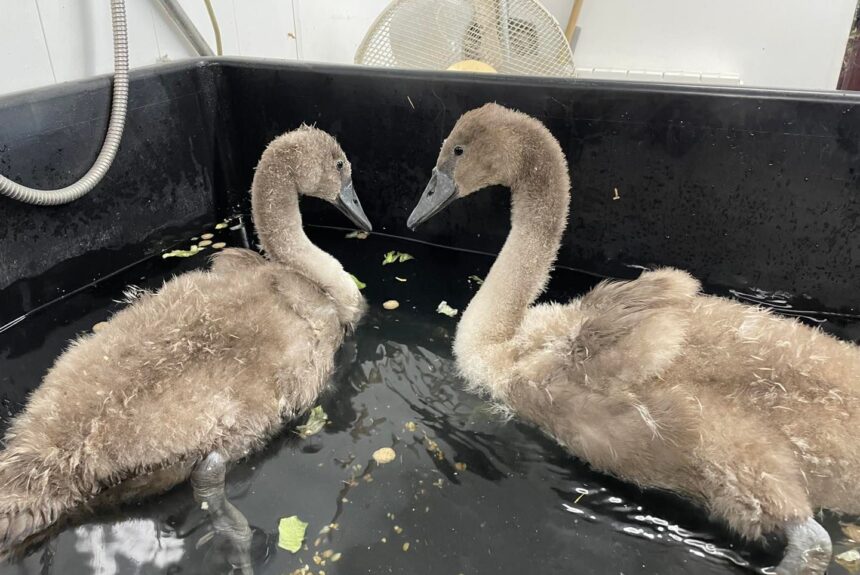Reports of avian influenza are getting closer and closer to us and in many areas that we regularly admit animals from. We therefore will not be admitting high risk bird species from certain areas which will be assessed on the phone before a bird is brought into our care. The main groups of high risk bird species are as follows: – All waterfowl – including ducks, swans, geese – Seabirds – Gulls – Birds of prey This is not a limited list of the birds that can suffer from avian influenza and so an assessment over the phone will be...
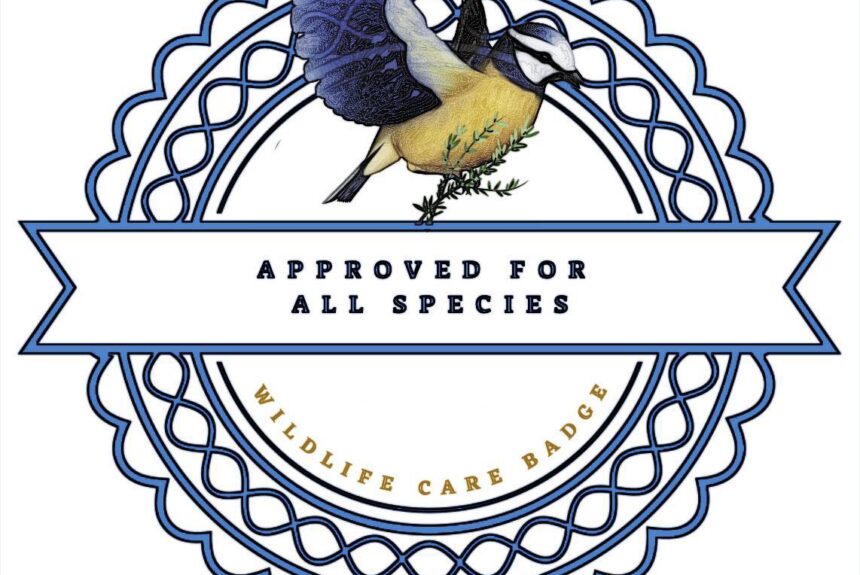
Wildlife Care Badge
Did you know that wildlife rehabilitation is an unregulated industry in the UK? This means that there is currently no legislation required (except for certain species) for a wild animal to be ‘rehabbed’. Sadly we see hundreds of animals each year that come into our care when it is too late for them. People, although with best intentions, have found a wild animal and have ‘given it a go’ rehabilitating or rearing but things have gone wrong as they do not have the expertise. Wildlife should ALWAYS be taken to professionals – as you would do the same for an...
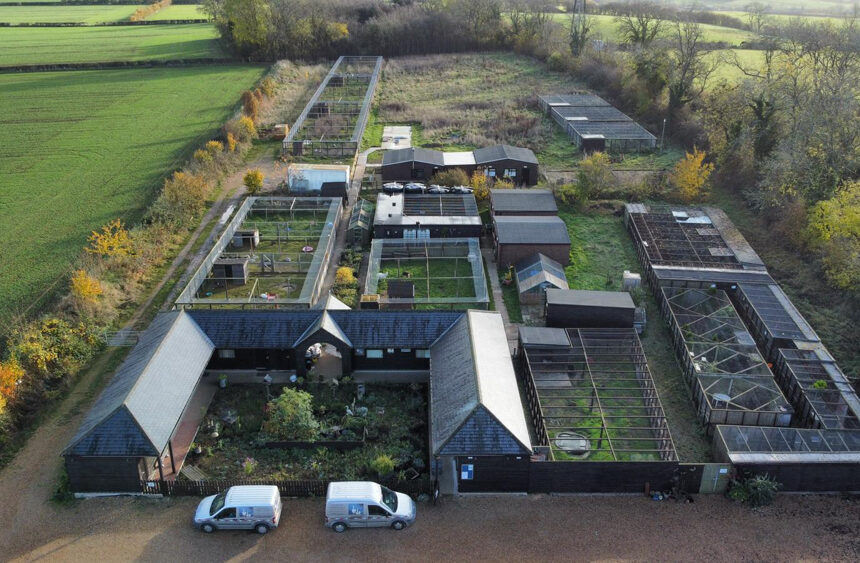
See us from the Sky!
We wanted to share with you some incredible pictures of Leicestershire Wildlife Hospital taken from the sky! These images were kindly taken by Andrew Carpenter. The images really show the scale of our wildlife hospital which is ever expanding. The number of patients we take in are increasing by 10% each year meaning that we are always in need of new facilities, buildings and enclosures on site to keep up with this!
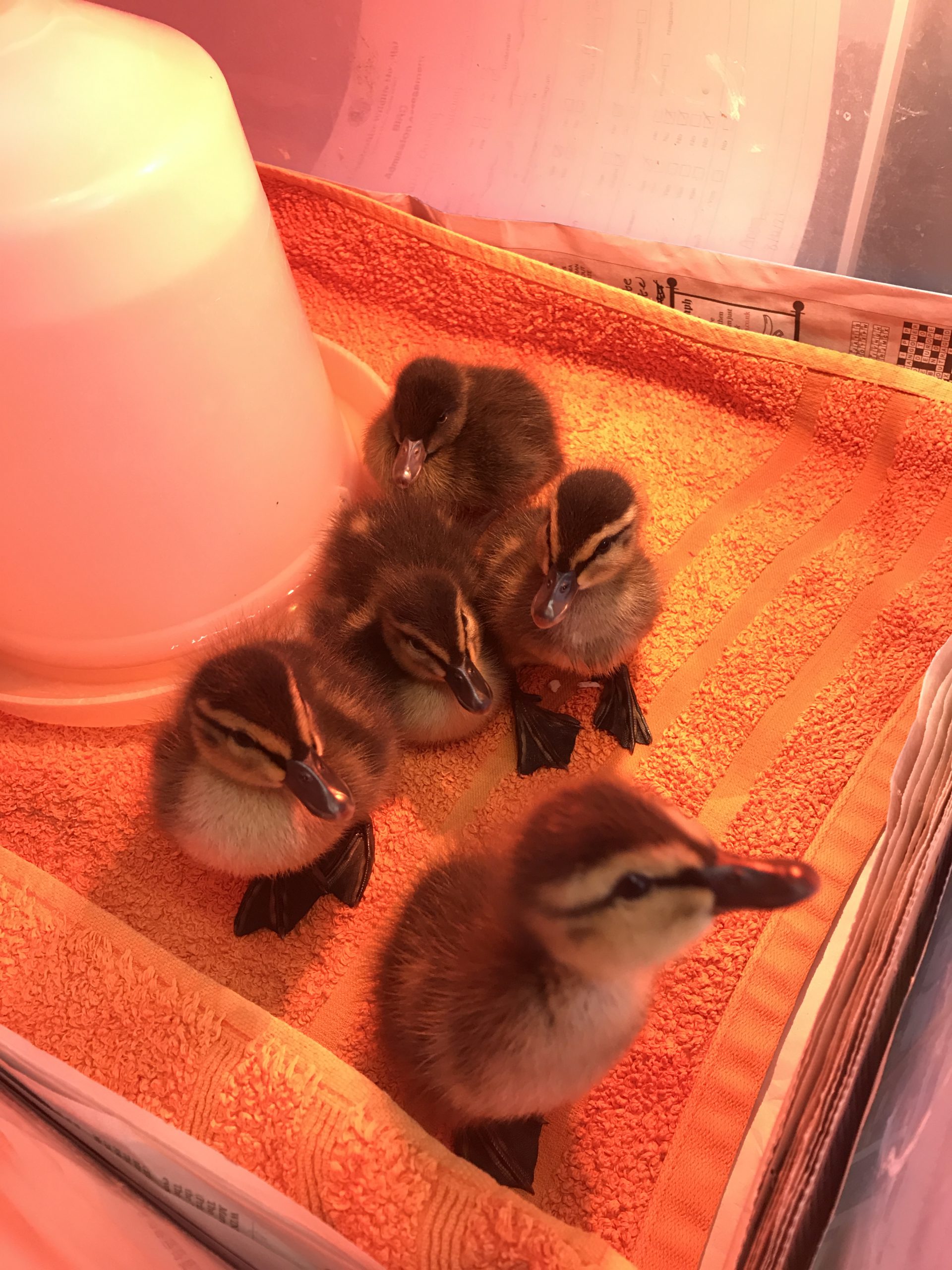
Springtime
It’s now official spring here at Leicestershire Wildlife Hospital! It is starting to get very busy with lots of orphaned wildlife now coming through our doors so we would like to share with you some of the patients we have in with us at the moment! We have had a nest of 4 robins which were accidentally moved as their nest was inside of a hay bale and so wasn’t seen, our first 5 ducklings of the season (4 mallards and 1 tufted) and already have had 9 fox cubs! Sadly, we are already seeing some orphans coming in when...
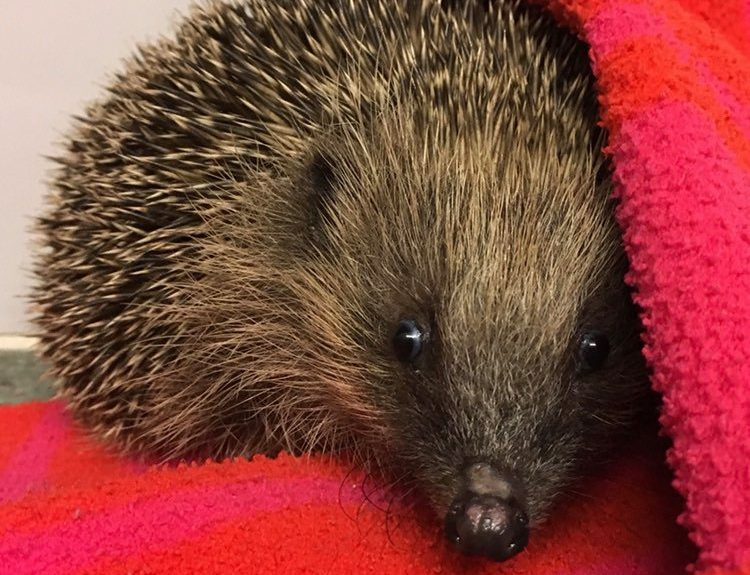
World Hedgehog Day
It’s February 2nd, and that means it’s World Hedgehog Day! We thought we would share with you some of the microscopy techniques that we use to diagnose the conditions that the hedgehogs are suffering with. When hedgehogs come into our care, one of the first things that we do is test a fecal sample in order to find out what endoparasites the hedgehog is suffering from. Hedgehogs very often have some sort of parasite that is causing them issues, so it is important to get this tested, and treated, immediately. The image shows the eggs of ’roundworm’ (Capillaria spp.), which...
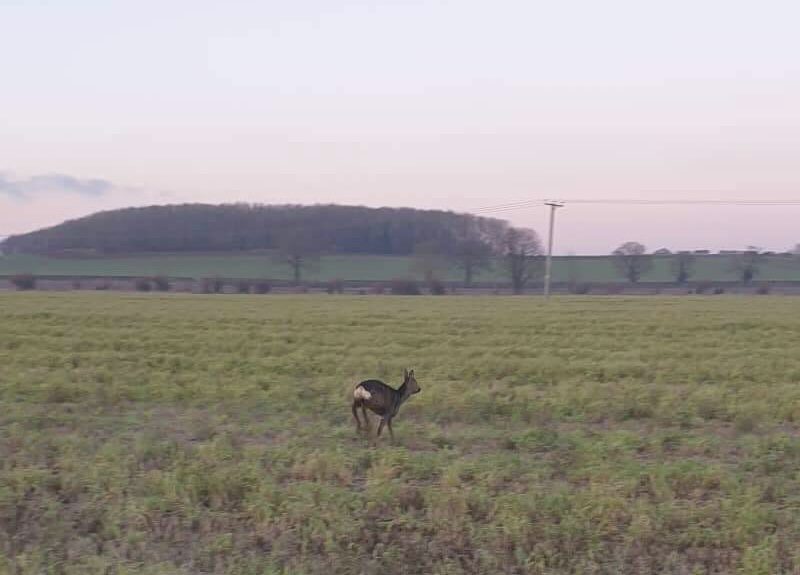
Roe Deer Release
This beautiful female roe deer came into us from the RSPCA after being hit by a car. On arrival, she was only able to walk short distances before collapsing, and had a wound to her eye. She was kept in a small area to allow her to rest for a few days, during which time she could build her strength up before moving into a larger pen. This also allowed for the administering of medication without undue stress of capture again. Soon she was back to full health, running around the pen and it was time for release. She was...
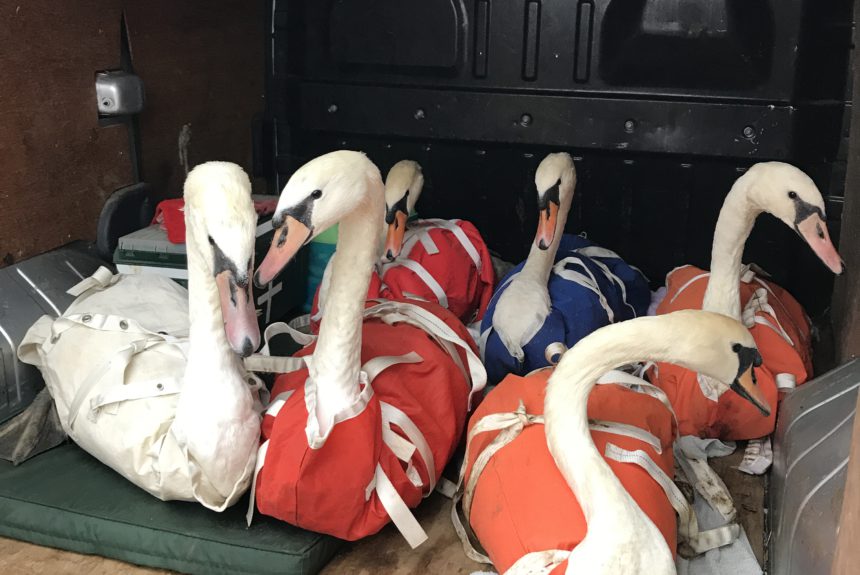
Swan Release
It has been a busy couple of weeks at the Leicestershire Wildlife Hospital with a range of new admissions, but also saying farewell to some of our patients. We have recently released 6 swans that came into our care for various reasons and have been with us for differing periods of time. Some of these swans were admitted to us after crash landing into roads – a common cause of admission during the wet and foggy conditions of winter. Another of the swans came in from a water body that was contaminated with oil causing the swan to lose his...
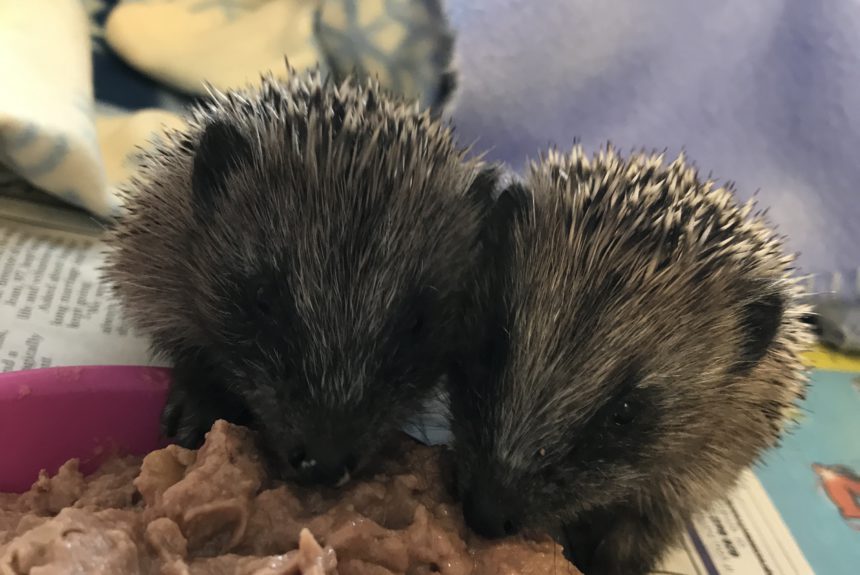
Thank you!!
We would like to say a massive thank you to all donations that we have received through our amazon wishlist, Welland valley feeds and from Butchers Pet Food. The hedgehog food is going down a treat with all of the hogs in our care, allowing them to gain some vital weight through the winter months that they will spend with us. These 2 hedgehogs came into us after they were found wondering around during the day in the middle of November. Their arrival weights were 86g and 90g, so certainly wouldnt have made it through the winter. Due to your...
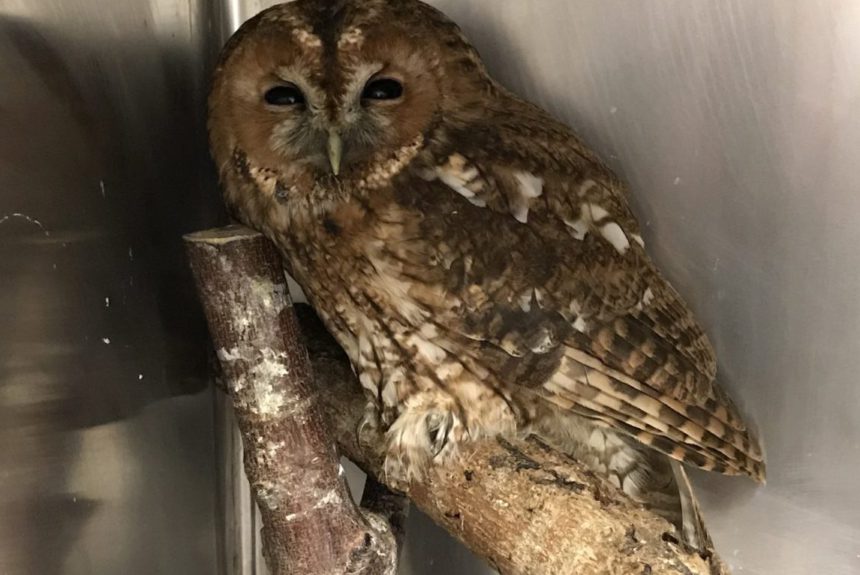
Gruesome Gapeworms
An emaciated tawny owl came into our care recently after being found at the roadside looking unwell. After a check-over by our team, we found the cause to be gapeworms. Gapeworms (Syngamus trachea), are a parasitic nematode that can lead to complete obstruction of the windpipe, then leading to suffocation. Gapeworms typically live in earthworms, slugs and snails so when these are ingested by a bird, the gapeworms then use the bird as a host and begin their lifecycle. Thankfully, this owl got to us in time and with treatment over a course of 5 days, the gapeworms have completely...
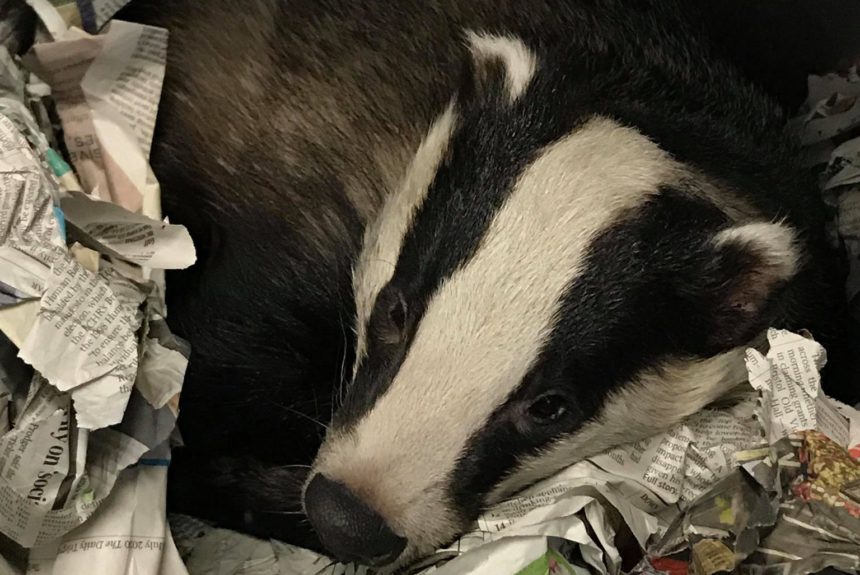
Road Traffic Accident: Badger
On Friday 16th October, the RSPCA brought to us a badger that had been involved in a road traffic accident. The badger was in a critical state, very weak and was unable to stand. We treated her with round-the-clock care, fluids and pain relief Rather miraculously, after a couple of days she began to lift her head. Slowly from this stage onwards, she started to use her feet and although at first she would only be up for a couple of seconds before collapsing back down again, she eventually regained full strength. She began eating again, transitioning from liquid food...
